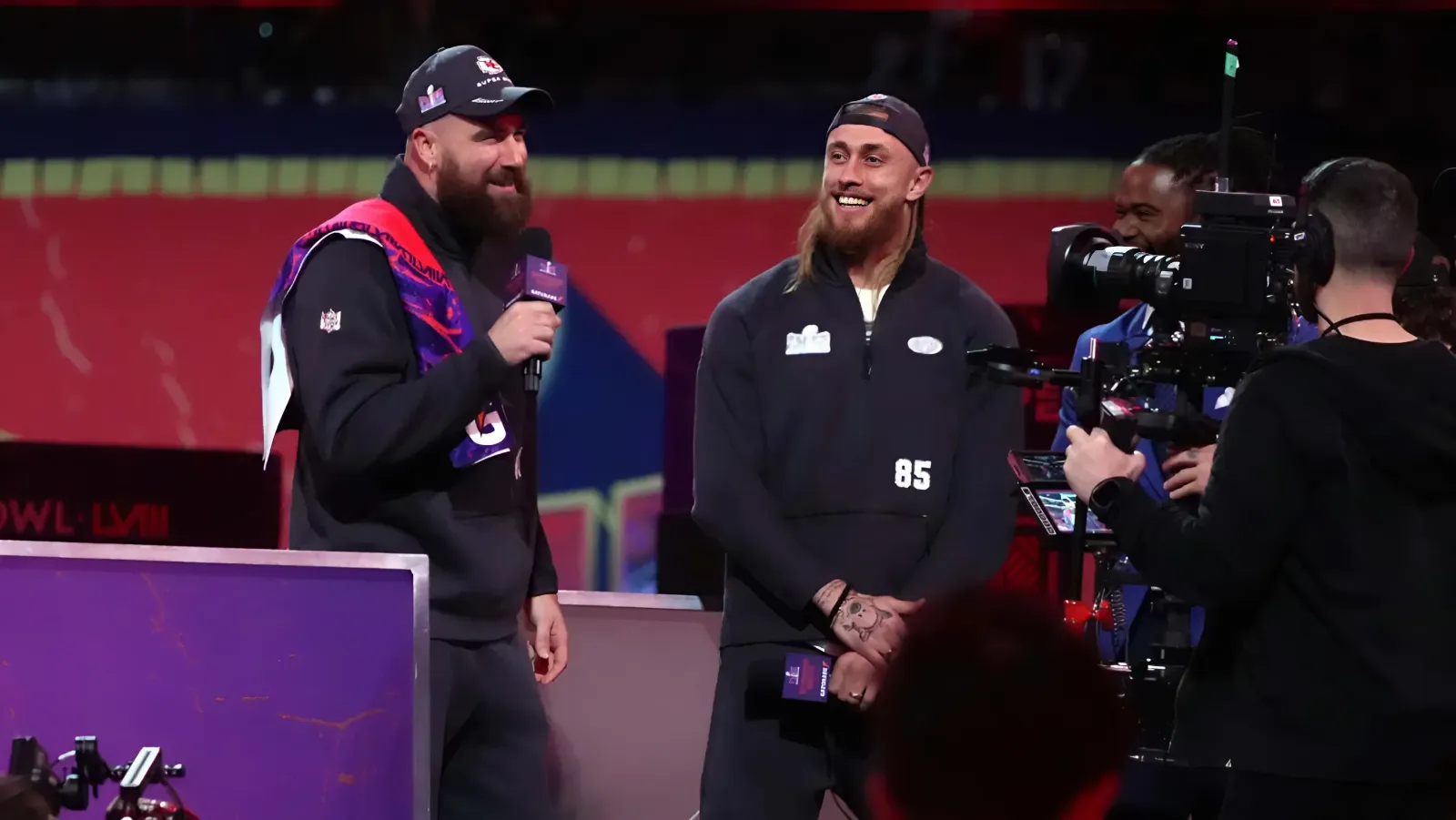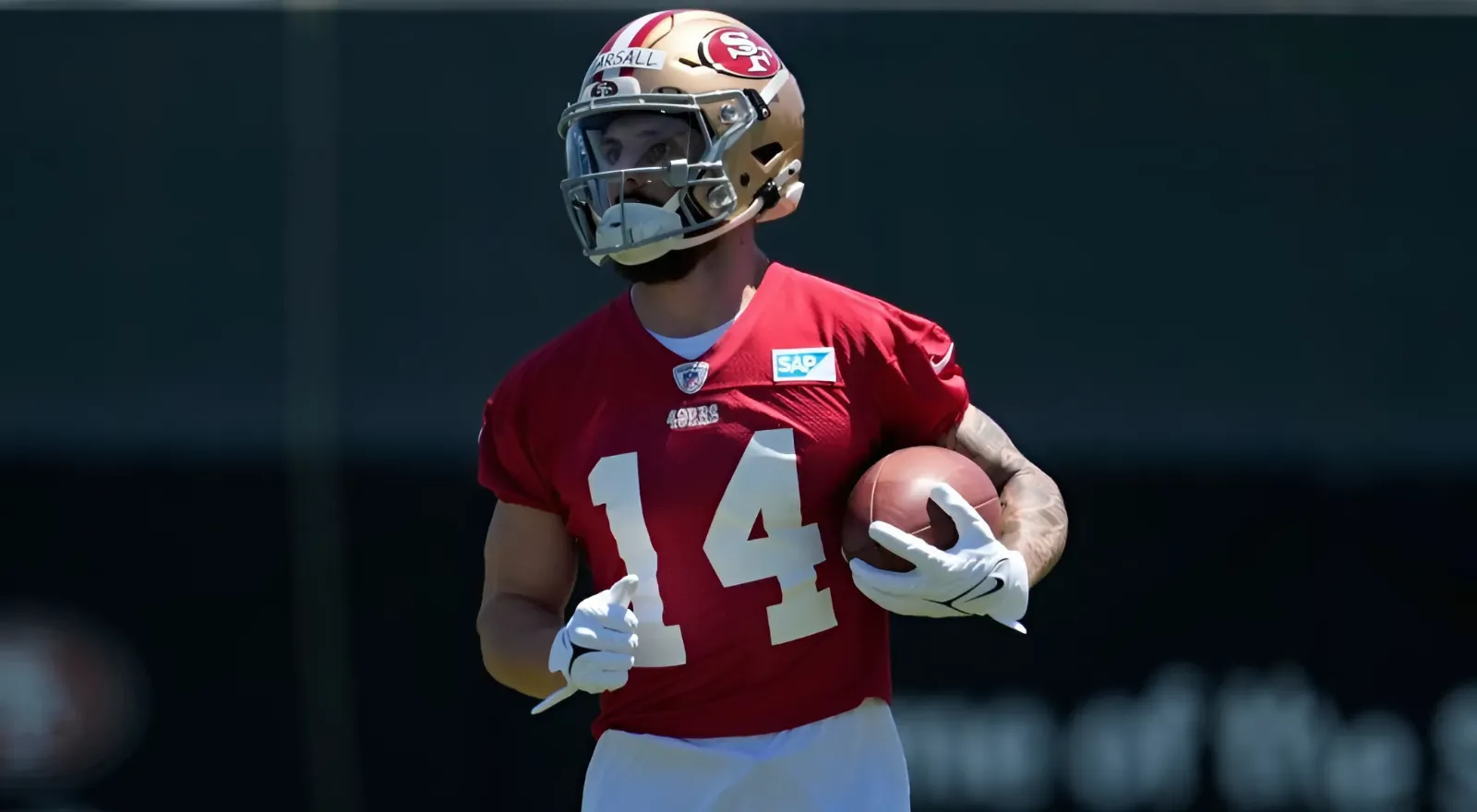Jodie Foster has reflected on the differences between being a young woman in the entertainment industry today, compared to her own experiences.
Foster, 61, has been a familiar Hollywood face since she was a child, gaining early credits in kids’ musical Bugsy Malone (1976) at 13, and later that year, Martin Scorsese’s Taxi Driver aged 14.
In a new interview with The Guardian, the Nyad actor spoke about guiding young actors in the industry, such as the Game of Thrones and The Last of Us star Bella Ramsey, who is non-binary.

“I do a lot of reaching out to young actresses. I’m compelled. Because it was hard growing up,” Foster noted.
Ramsey, 20, introduced Foster at the Elle magazine Women in Hollywood celebration in Los Angeles in December. At the event, Ramsey wore what Foster describes as “the most perfect suit, beautifully tailored, and a middle parting and no makeup”.
When asked whether she believed she could have made the same choice as a young actor, Foster admitted it wouldn’t have been possible.
“Because we weren’t free. Because we didn’t have freedom,” she explained, before sharing her hope that young stars had more liberation now.
“And hopefully that’s what the vector of authenticity that’s happening offers – the possibility of real freedom. We had other things that were good.
“And I would say: I did the best I could for my generation. I was very busy understanding where I fitted in and where I wanted to be in terms of feminism. But my lens wasn’t wide enough. I lived in an incredibly segregated world.”

Elsewhere in the interview, published on Saturday (6 January), Foster spoke about the sons she shares with her ex-partner Cydney Bernard, and how the experience of being raised by women led to them having some early confusion on “how to be male”.
“They like to watch movies and sit at home, and they’re really into their female friends,” she said of Kit and Charles, who are in their 20s.
“They’re super feminist. And there was a moment with my older one when he was in high school, when, because he was raised by two women – three women – it was like he was trying to figure out what it was to be a boy. And he watched television and came to the conclusion, oh, I just need to be an a**hole. I understand!’”
Foster continued: “And I was like, no! That’s not what it is to be a man! That’s what our culture has been selling you for all this time.”



